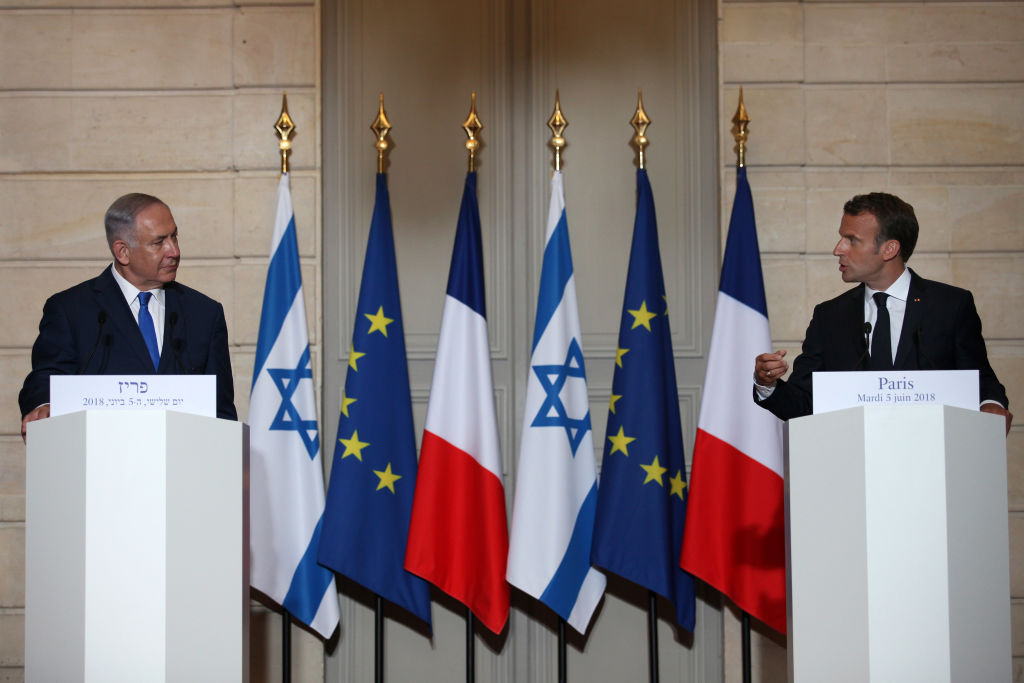Lithuanian President Gitanas Nausėda has indicated that his country might disregard the European Union’s fiscal rules to strengthen its defence capabilities.
Speaking to TV3 on November 11, he stated that defence spending should not be treated as a general expense but as a special investment, emphasising his willingness to pump money into that sector.
“Our public debt is one of the lowest in the European Union, but there is currently a very clear debate about the fact that defence costs are special costs and should not even be called costs. They should be called investments in one’s security,” he said.
Under the EU rules defined by the Maastricht Treaty, the deficit of public finances in a current year cannot exceed 3 per cent of GDP and the public debt must not exceed 40 per cent of the size of the economy.
That is what Nausėda said hoped to challenge as the country eyed the creation of a new division in its army by 2030. That, according to the Lithuanian President, would require further investment in ammunition, infrastructure and personnel.
“If we make such investments, without a doubt, we should treat defence expenses a little differently and I think that in a dialogue with the European Commission, we would be able to prove that in the border State, Lithuania, the amount of defence expenses can even exceed the set 3 per cent of [the] GDP deficit indicator,” he argued.
The newly formed ruling coalition — the Social Democrats, Democratic Union “For Lithuania”, and the Dawn of the Nemunas party — echoed Nausėda sentiments. It signed a ruling agreement that comprised 12 key measures including defence and national security.
In an interview with the country’s public broadcaster LRT, Social Democrat MP Dovilė Šakalienė stated that the new government would listen to military demands over funding.
“As far as funding is concerned, there was a very simple answer — military advice comes first, and accounting comes after that. In this case, if the commander of the armed forces says that we need to speak about 5 per cent [of GDP for defence], it means that when we assemble [in the State Defence Council], I have no doubt that we will look for that money,” she said on November 11.
Lithuanian defence minister Laurynas Kasčiūnas had already hinted the country would boost defence spending while attending the Prague Defence Summit on November 9.
“Two per cent of GDP defence spending is history, we have to think about 3 per cent spending floor. Lithuania is in the league of three per cent and will not stop at that,” he said.
The new European Commission may consider Lithunian sentiment in response to the current geopolitical situation.
The EC’s incoming foreign policy chief, Estonian Kaja Kallas, stated during her commission hearing on November 12 that the EU should do more for defence.
“It’s clear that we have to do more: to produce more defence capabilities, ammunition,” she said.
Lithuania’s defence spending will be agreed upon at its next State Defence Council meeting.
Since Russia’s aggression in Ukraine, the Baltic country that borders Russia and Moscow’s ally Belarus has been trying to deter Moscow from any aggression against itself.
Germany is set to establish its first permanent military base abroad since the end of the Second World War. https://t.co/R8NubCok3n
— Brussels Signal (@brusselssignal) August 22, 2024





